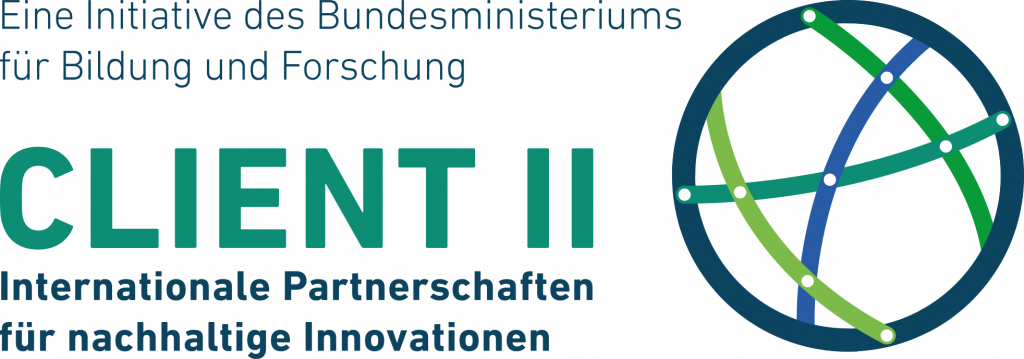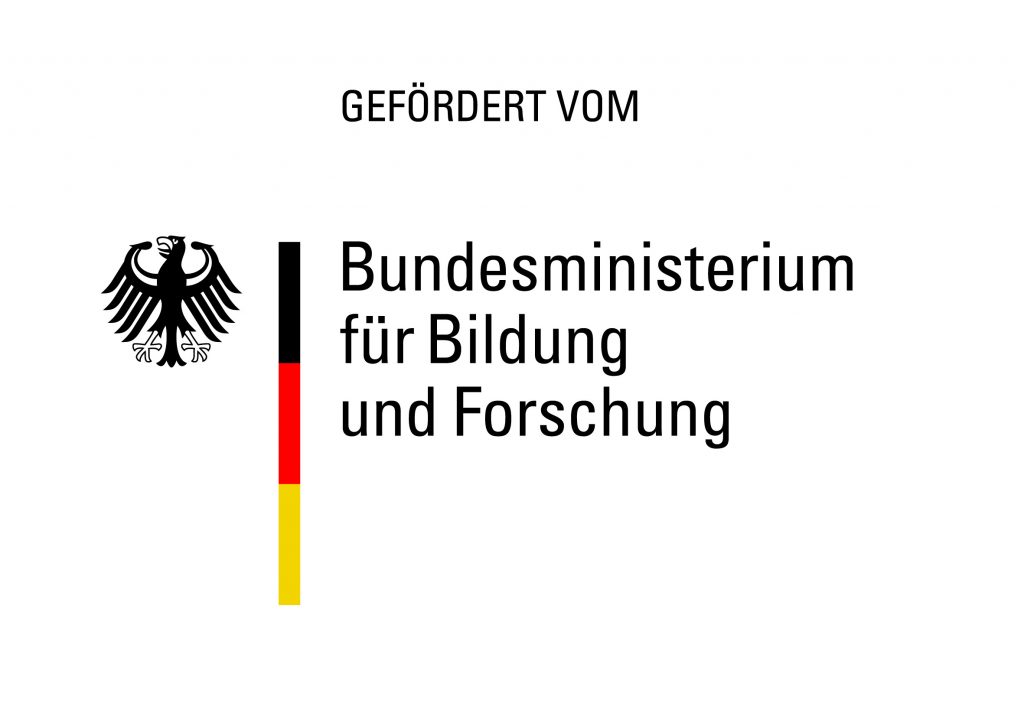
New approaches to strengthening agriculture under arid and semi-arid conditions as an important contribution to sustainable land management, using Morocco as an example.
SuLaMo is a Client II Project funded by the German Federal Ministry of Education and Research (BMBF) (under Grant Agreement Number: 01LZ2003) and is coordinated by the Karlsruhe University of Applied Sciences.
The SuLaMo project pursues an integrated approach to strengthen agriculture under arid and semi-arid conditions as an important contribution to sustainable land management in the agricultural sector using Morocco as an example. SuLaMo addresses in particular the improvement of crop productivity through novel, water-saving soil and irrigation techniques such as mulching and underground drip irrigation as well as autonomous energy supply and capacitive deionisation as an innovative desalination process.
Morocco is significantly affected by climate change and suffers from severe water scarcity. The goal in SuLaMo is to use a combination of subsurface drip irrigation (SDI) and precise analysis of the soil water balance with the help of innovative sensor technology to harness the use of alternative water sources and use this commodity as economically as possible. Novel technologies are used, such as capacitive deionisation (MCDI) for desalination, but also the improvement of operational practices as well as capacity building on site are aimed at.
MCDI is a new electrochemical desalination process that uses porous carbon electrodes to adsorb ions. The main advantage of MCDI is the lower specific energy requirement for desalination compared to the state of the art. The SDI will be equipped with intelligent real-time sensor technology to monitor the system and collect data for modelling in order to make the irrigation process more efficient, namely more energy- and water-saving, in the future.
The field studies will be carried out at three agricultural sites in Morocco under arid and semi-arid conditions in Meknes, Ouarzazate and Errachidia. The project will be accompanied by a socio-economic study for the development of approaches to promote the implementation and exploitation of the concept by the participating agribusiness companies.
The demonstration plants are intended to show the extent to which arable and crop production can be optimised under difficult agricultural conditions (small farms with low mechanisation) in arid areas with the help of PV-powered subsurface drip irrigation (SDI) and simple control using a weather station and soil sensors as well as how new land can be sustainably developed for the benefit of husbandry and plant cultivation.



